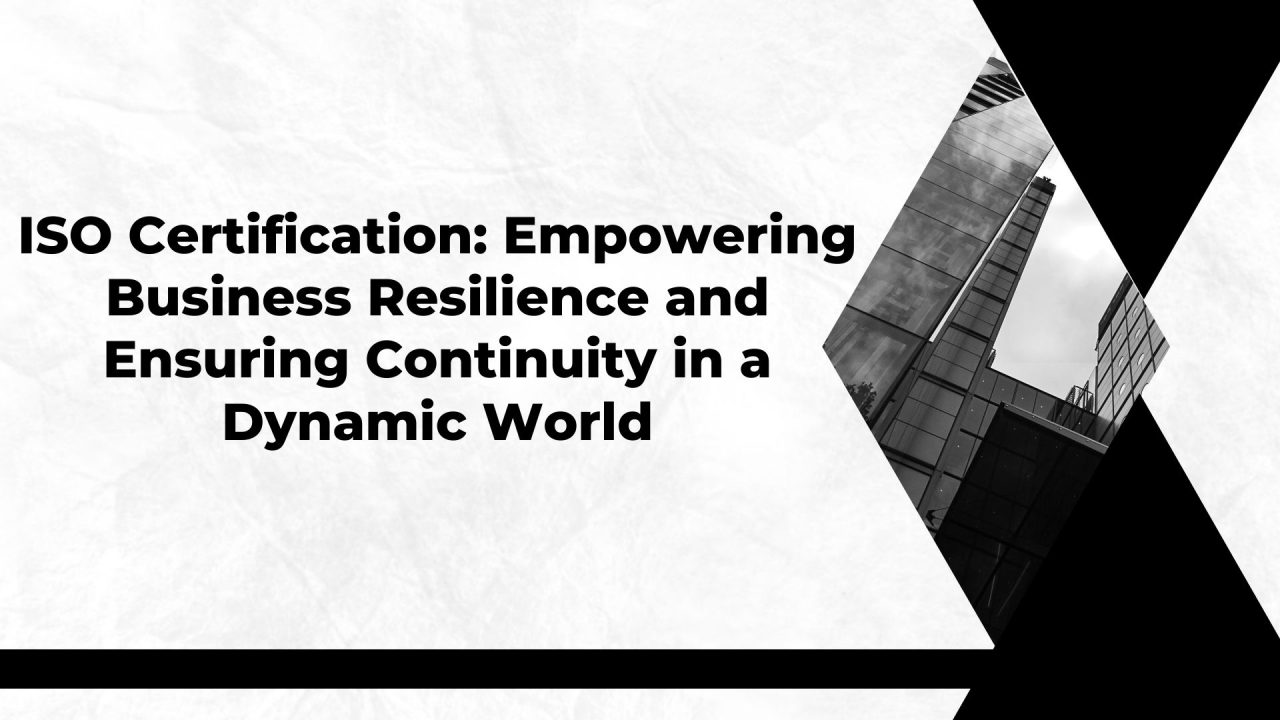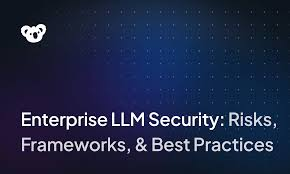In an ever-evolving business landscape fraught with uncertainties and challenges, the quest for stability, credibility, and resilience remains paramount. Companies worldwide are continuously striving to fortify their operations against disruptions, seeking robust frameworks to ensure business continuity. Among the myriad strategies available, obtaining ISO certification stands as a pivotal step towards establishing a resilient foundation and ensuring sustained success.
The International Organization for Standardization (ISO) is a globally recognized body that develops and publishes international standards to promote efficiency, quality, safety, and interoperability across various industries. ISO certification serves as a testament to an organization’s adherence to stringent standards and best practices, signaling its commitment to excellence and continuous improvement.
Enhancing Resilience through ISO Certification
Adherence to Best Practices:
ISO standards encompass a wide array of domains, including quality management (ISO 9001), information security (ISO 27001), environmental management (ISO 14001), and more. These standards delineate guidelines and frameworks that help organizations streamline processes, minimize risks, and enhance efficiency. By adhering to these best practices, companies bolster their resilience by creating a structured approach to manage potential disruptions.
Mitigation of Risks:
ISO certification involves a meticulous evaluation of an organization’s processes, identifying vulnerabilities, and implementing measures to mitigate risks. Whether it’s through risk management protocols (ISO 31000) or business continuity planning (ISO 22301), achieving certification equips businesses with the tools to foresee potential threats and proactively address them, minimizing the impact of unforeseen events.
Building Trust and Credibility:
ISO certification is a testament to an organization’s commitment to delivering quality products or services while upholding global standards. This certification not only instills confidence in customers but also strengthens relationships with stakeholders, suppliers, and partners. It becomes a badge of trust, amplifying the brand’s credibility in the market and enhancing its resilience against competition.
Adaptation to Changing Conditions:
The business landscape is ever-changing, and ISO standards are designed to evolve with it. Obtaining certification isn’t merely a one-time achievement but a continuous process of improvement. It fosters a culture of adaptability and agility within organizations, enabling them to respond effectively to market shifts, technological advancements, regulatory changes, and unforeseen crisis.
Business Continuity and ISO Certification
Crisis Management and Response:
ISO 22301, the standard for business continuity management, provides a structured framework for organizations to plan, prepare, respond. And recover from disruptive incidents. By obtaining this certification, companies establish a robust crisis management system, ensuring minimal downtime and maintaining critical operations even in the face of adversity.
Resilient Supply Chain:
Global supply chains are susceptible to various disruptions, ranging from natural disasters to geopolitical tensions. ISO certifications such as ISO 28000 (supply chain security management) and ISO 45001 (occupational health and safety) help fortify supply chains by emphasizing risk assessment, resilience planning. And ensuring compliance with safety standards, thereby safeguarding the flow of goods and services.
Employee Well-being and Engagement:
ISO certifications related to occupational health and safety (e.g., ISO 45001) prioritize the well-being of employees. By creating safer work environments and fostering a culture of employee engagement and empowerment, organizations not only protect their workforce but also ensure continuity by retaining skilled personnel during challenging times.
Note: you Can Apply for ISO 9001 Certification
Conclusion
In a dynamic and unpredictable business landscape. ISO certification emerges as a linchpin for organizations aspiring to fortify their resilience and ensure continuity. Beyond being a badge of compliance, it serves as a catalyst for innovation, continuous improvement, and adaptability. Embracing ISO standards isn’t merely a box-ticking exercise; it’s a strategic decision that underlines an organization’s commitment to excellence, sustainability. And enduring success in an increasingly volatile world.





